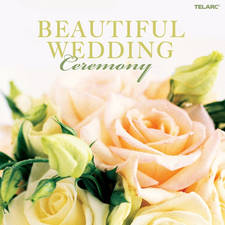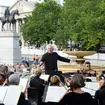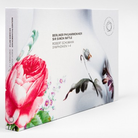Sir Simon Rattle among classical music figures urging government to give visas to silenced Afghan musicians
4 October 2021, 16:18
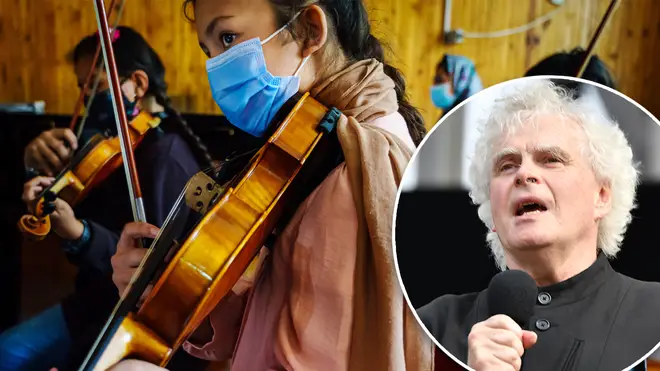
Music-making in public has been banned in Afghanistan since the country came under Taliban rule in August.
Leading British classical musicians are urging the UK government to offer visas to Afghanistan’s silenced musicians, who have been banned from making music in public since the Taliban seized control of the country in August.
Under Taliban rule, Afghan musicians have been killed and beaten, music schools closed, and radio stations banned from playing music. In a recent interview, Taliban spokesperson Zabihullah Mujahid told the New York Times that music is “un-Islamic”.
Conductor Sir Simon Rattle, pianist Mitsuko Uchida and former cellist and broadcaster Julian Lloyd Webber are joined by more than 200 other classical musicians and industry leaders in signing a letter to The Times, which calls for the government to offer “urgent humanitarian visas” to Afghan musicians.
“As a global champion of freedom of expression, the United Kingdom has given sanctuary to many refugee musicians over the years, who in turn have enriched our musical life,” the letter reads.
“In light of this, we call on the government to offer urgent humanitarian visas to Afghan musicians so the UK can play its part in ensuring they – and their invaluable cultural heritage – are not lost for ever.”
Read more: Taliban executes folk singer after announcing a public music ban in Afghanistan
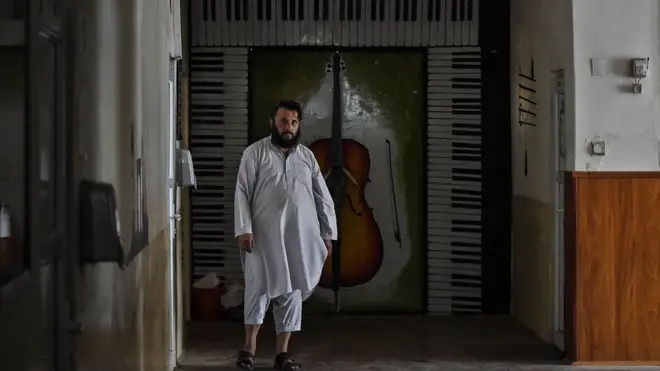
During their rule 20 years ago, the Taliban banned music outright, except religious singing. This time, they have promised a more moderate rule, although they have made it clear they will run Afghanistan within the limits of their interpretation of sharia law.
In August, famed Afghan folk singer Fawad Andarabi was shot dead in the Baghlan province for playing and singing in public.
One of the country’s most celebrated music schools, the Afghanistan National Institute of Music, has fallen silent and is now guarded by Taliban fighters. And in some parts of the country, radio stations have been ordered to stop playing music.
Fears have been building for the safety of artists in Afghanistan, and the Taliban’s treatment of musical traditions in the country.
The letter to The Times, also signed by author Stephen Fry, percussionist Dame Evelyn Glennie and the Kanneh-Mason Family, reads: “The Taliban are ideologically opposed to all music as morally corrupting. They banned music during their time in power from 1996 to 2001, and the evidence is mounting that this attitude has not changed. Musicians are regarded as members of a ‘degenerate’ group who must be silenced.”
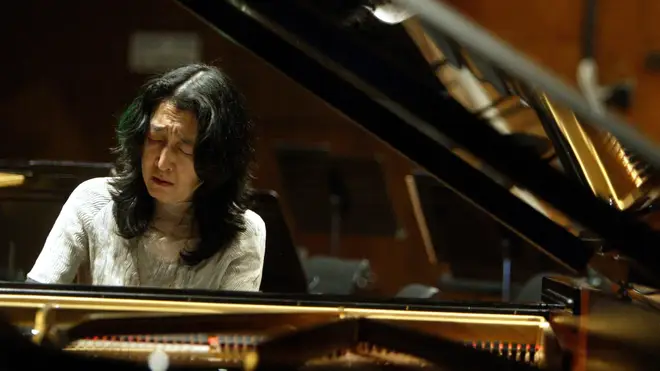
The letter continues: “In the past six weeks the Taliban have carried out assassinations of traditional musicians; brutally beaten performers; banned music on radio stations and in public places; and destroyed instruments in institutions such as the national broadcaster, RTA. Afghan musicians are now in hiding, moving from house to house, terrified for their lives. They are at imminent and extreme risk.
“All of these musicians embody a vision of Afghanistan’s future in which freedom of expression and ethnic harmony can flourish.
“We believe that the public, and our own musical and creative arts community, would overwhelmingly support the resettlement of these unique and highly skilled musicians in the UK, offering them homes and opportunities to perform,” the letter concludes.
The UK government has not yet responded publicly to the letter.
